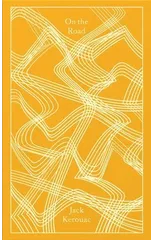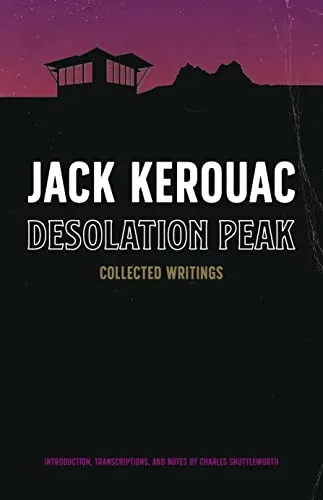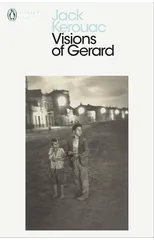What are writers trying to do? They are trying to create a universe in which they have lived or would like to live. To write they must go there and submit to conditions they may not have bargained for. Sometimes, as in the case of Kerouac, the effect produced by a writer is immediate, as if a generation were waiting to be written. Following a day in the lives of a group of rugged off-duty railroad brakemen as they drink, bet on the horses and generally shoot the shit, Beat Generation explores the philosophical and the spiritual, culminating in a memorable dialogue with a colourful bishop. Entertaining and exuberant, and conjuring up a thrilling, smoke-filled, atmospheric New York of bygone days, the play probes the American working-class psyche and tackles profound questions of religion, mortality and rebirth. Written in 1957, but only recently rediscovered in manuscript form in a New Jersey warehouse, Beat Generation bears the hallmarks of vintage Kerouac: flowing, stream-of-consciousness language, orchestrated with a jazz-musician-like sense of adventure and rhythm.
Jack Kerouac
Jack Kerouac was an American novelist and poet known for his spontaneous prose style and association with the Beat Generation. His most notable works include "On the Road" and "The Dharma Bums," which explore themes of freedom, spirituality, and the search for meaning in life. Kerouac's writing often reflected his own experiences traveling across America and his interest in jazz music and Eastern philosophy. His work had a significant impact on literature, influencing future generations of writers and shaping the countercultural movement of the 1950s and 1960s. "On the Road" remains his most famous work, celebrated for its exploration of the American road trip and its portrayal of the Beat Generation's quest for authenticity and self-discovery.




